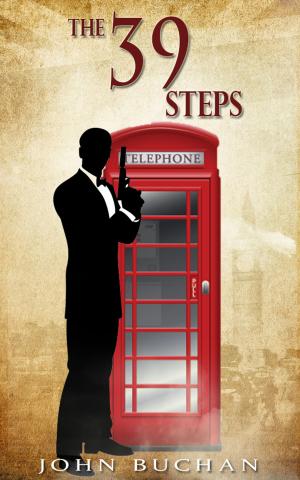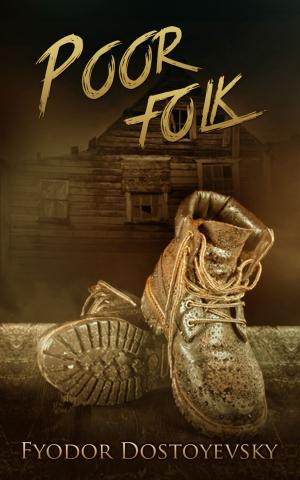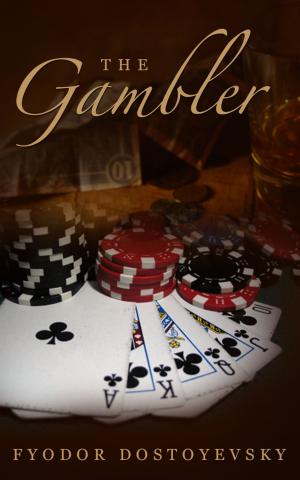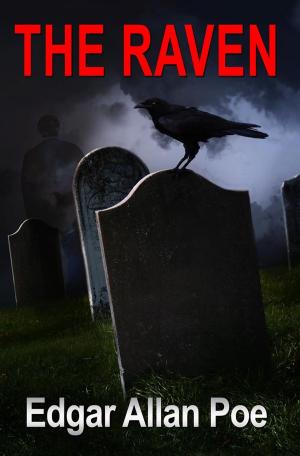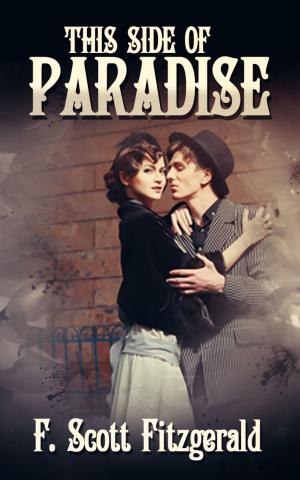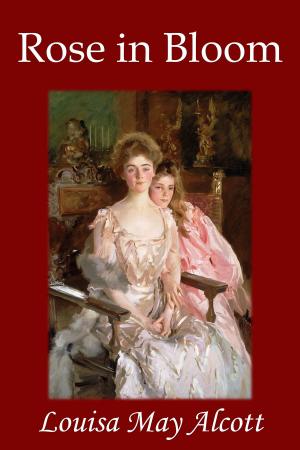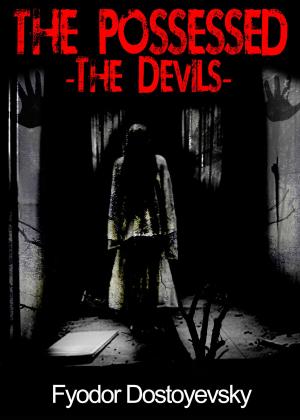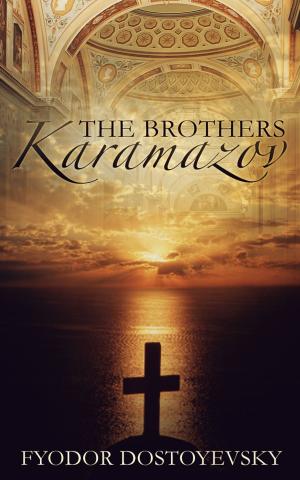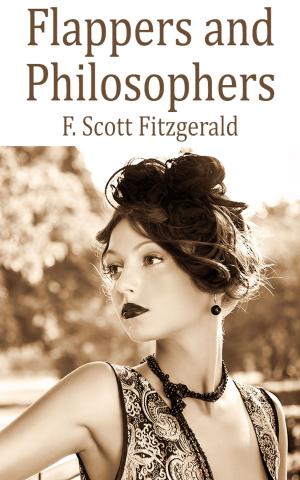Richard Hannay [Spy Stories] [Books 1 - 3] [Book Set]
[Free Audio Links]
Fiction & Literature, Movie & Television Tie-Ins, Thrillers, Mystery & Suspense| Author: | John Buchan | ISBN: | 1230000134936 |
| Publisher: | Starbooks Classics Publishing | Publication: | May 21, 2013 |
| Imprint: | Language: | English |
| Author: | John Buchan |
| ISBN: | 1230000134936 |
| Publisher: | Starbooks Classics Publishing |
| Publication: | May 21, 2013 |
| Imprint: | |
| Language: | English |
Richard Hannay
Major-General Sir Richard Hannay, KCB, OBE, DSO, Legion of Honour, is a fictional secret agent and army officer created by Scottish novelist John Buchan. In his autobiography,Memory Hold-the-Door, Buchan suggests that the character is based, in part, on Edmund Ironside, from Edinburgh, a spy during the Second Boer War.
[Novels]
Hannay appears in several novels as a major character, including:
1.The Thirty-Nine Steps (1915)
2.Greenmantle (1916)
3.Mr Standfast (1919)
4.The Three Hostages (1924)
5.The Island of Sheep (1936)
6.The Courts of the Morning (1929)
7.Sick Heart River (1940)
In Combined Forces (1985), a humorous novel by Jack Smithers, Hannay teams up with the similar heroes "Sapper"'s Bulldog Drummond and Dornford Yates' Jonah Mansel.
[Radio, Film, Television & Theatre]
Richard Hannay has been portrayed on screen in four versions of The Thirty Nine Steps by Robert Donat, Kenneth More, Robert Powell and Rupert Penry-Jones (in a 2008 BBC production), while Powell reprised the role for the ITV series Hannay (1988–1989).
Orson Welles portrayed Hannay in a radio play of The Thirty-Nine Steps in 1938, as did Glenn Ford in 1948 on Suspense, Herbert Marshall on Studio One in 1952 and David Robb in theBBC Radio 4 adaptations of The Thirty-Nine Steps, Greenmantle, Mr Standfast and The Three Hostages.
The 1973 BBC documentary Omnibus: The British Hero had Christopher Cazenove playing Hannay in a scene from Mr. Standfast, as well as a number of other such heroic characters, including Beau Geste, Bulldog Drummond and James Bond. Barry Foster played Hannay in a 1977 television adaptation of The Three Hostages.
A comic theatrical adaptation by Patrick Barlow opened in London's Tricycle Theatre, and after a successful run, transferred to the Criterion Theatre in Piccadilly. Although drawing on Buchan's novel, it is chiefly influenced by Hitchcock's 1935 film adaptation. On 15 January 2008, the show made its US Broadway premiere at the American Airlines Theatre; it transferred to the Cort Theatre on 29 April 2008 and then moved to the Helen Hayes Theatre on 21 January 2009, where it ended its run on 10 January 2010. It reopened at off-Broadway venue New World Stages on 25 March 2010. The West End show currently stars Andrew Alexander as Hannay.
[Impact on espionage fiction]
Richard Hannay was one of the first modern spy thriller heroes and as such has heavily influenced the genre. Today, considered in the light of mainstream espionage fiction, Hannay appears to be badly clichéd —although, as he was created well before his attributes became clichéd, Hannay could be more accurately described as a seminal character of the spy thriller genre.
In terms of personality, for example, Hannay seems to be a stereotypical "strong, silent" Briton, combining the stereotype of the dour Scotsman with the "stiff upper lip" of an Englishman, along with a tough physique and a shrewd, although not brilliant, brain. He is daring and resourceful, too, and is often seen to think fast on his feet in tight corners. In terms of plot, he is often forced to conduct his activities in breach of the law - such as in "Mr Standfast" where he becomes a person of some interest to the Scottish Police, causing him to be hunted by them as well as the enemy. He falls in love with a beautiful (blonde) spy on his own side, which proves to be an awkward complication, and is often called upon to thwart the enemy in some evil plan to ruin Britain's war effort.
However, Hannay also displays some characteristics that sharply distinguish him from both later characters in adventure tales and the fiction writers that sought to imitate him. He narrates all the stories and shows a much wider range of emotion than is usually expected from this kind of thriller hero. Nowhere near as hard-boiled as the detective of American noir fiction, Hannay is dependent upon his friends and appears to be a religious man; like his author, he is Presbyterian.
He is also increasingly shown to be something of a philosopher; he does not dehumanize his enemy, and despite sharing some of the racial prejudices of his day, is open-minded towards Germans, pacifists, and similar demonized groups of the time. In contrast to more recent thriller heroes, Hannay finds it difficult to talk to women, suffering from months of nerves before declaring his love for Mary. Until she appears, he has no love interest (indeed, the first two books are tautly constructed, and do not suffer from the absence of romance), and when puzzling over his love for Mary, he remarks: "You can't live my kind of life for forty years, wholly among men, and be any good at pretty speeches to women."
Being ignorant of women, however, does not make him immature: he is a sagacious and able judge of men.
Richard Hannay
Major-General Sir Richard Hannay, KCB, OBE, DSO, Legion of Honour, is a fictional secret agent and army officer created by Scottish novelist John Buchan. In his autobiography,Memory Hold-the-Door, Buchan suggests that the character is based, in part, on Edmund Ironside, from Edinburgh, a spy during the Second Boer War.
[Novels]
Hannay appears in several novels as a major character, including:
1.The Thirty-Nine Steps (1915)
2.Greenmantle (1916)
3.Mr Standfast (1919)
4.The Three Hostages (1924)
5.The Island of Sheep (1936)
6.The Courts of the Morning (1929)
7.Sick Heart River (1940)
In Combined Forces (1985), a humorous novel by Jack Smithers, Hannay teams up with the similar heroes "Sapper"'s Bulldog Drummond and Dornford Yates' Jonah Mansel.
[Radio, Film, Television & Theatre]
Richard Hannay has been portrayed on screen in four versions of The Thirty Nine Steps by Robert Donat, Kenneth More, Robert Powell and Rupert Penry-Jones (in a 2008 BBC production), while Powell reprised the role for the ITV series Hannay (1988–1989).
Orson Welles portrayed Hannay in a radio play of The Thirty-Nine Steps in 1938, as did Glenn Ford in 1948 on Suspense, Herbert Marshall on Studio One in 1952 and David Robb in theBBC Radio 4 adaptations of The Thirty-Nine Steps, Greenmantle, Mr Standfast and The Three Hostages.
The 1973 BBC documentary Omnibus: The British Hero had Christopher Cazenove playing Hannay in a scene from Mr. Standfast, as well as a number of other such heroic characters, including Beau Geste, Bulldog Drummond and James Bond. Barry Foster played Hannay in a 1977 television adaptation of The Three Hostages.
A comic theatrical adaptation by Patrick Barlow opened in London's Tricycle Theatre, and after a successful run, transferred to the Criterion Theatre in Piccadilly. Although drawing on Buchan's novel, it is chiefly influenced by Hitchcock's 1935 film adaptation. On 15 January 2008, the show made its US Broadway premiere at the American Airlines Theatre; it transferred to the Cort Theatre on 29 April 2008 and then moved to the Helen Hayes Theatre on 21 January 2009, where it ended its run on 10 January 2010. It reopened at off-Broadway venue New World Stages on 25 March 2010. The West End show currently stars Andrew Alexander as Hannay.
[Impact on espionage fiction]
Richard Hannay was one of the first modern spy thriller heroes and as such has heavily influenced the genre. Today, considered in the light of mainstream espionage fiction, Hannay appears to be badly clichéd —although, as he was created well before his attributes became clichéd, Hannay could be more accurately described as a seminal character of the spy thriller genre.
In terms of personality, for example, Hannay seems to be a stereotypical "strong, silent" Briton, combining the stereotype of the dour Scotsman with the "stiff upper lip" of an Englishman, along with a tough physique and a shrewd, although not brilliant, brain. He is daring and resourceful, too, and is often seen to think fast on his feet in tight corners. In terms of plot, he is often forced to conduct his activities in breach of the law - such as in "Mr Standfast" where he becomes a person of some interest to the Scottish Police, causing him to be hunted by them as well as the enemy. He falls in love with a beautiful (blonde) spy on his own side, which proves to be an awkward complication, and is often called upon to thwart the enemy in some evil plan to ruin Britain's war effort.
However, Hannay also displays some characteristics that sharply distinguish him from both later characters in adventure tales and the fiction writers that sought to imitate him. He narrates all the stories and shows a much wider range of emotion than is usually expected from this kind of thriller hero. Nowhere near as hard-boiled as the detective of American noir fiction, Hannay is dependent upon his friends and appears to be a religious man; like his author, he is Presbyterian.
He is also increasingly shown to be something of a philosopher; he does not dehumanize his enemy, and despite sharing some of the racial prejudices of his day, is open-minded towards Germans, pacifists, and similar demonized groups of the time. In contrast to more recent thriller heroes, Hannay finds it difficult to talk to women, suffering from months of nerves before declaring his love for Mary. Until she appears, he has no love interest (indeed, the first two books are tautly constructed, and do not suffer from the absence of romance), and when puzzling over his love for Mary, he remarks: "You can't live my kind of life for forty years, wholly among men, and be any good at pretty speeches to women."
Being ignorant of women, however, does not make him immature: he is a sagacious and able judge of men.
![Cover of the book Richard Hannay [Spy Stories] [Books 1 - 3] [Book Set] by John Buchan, Starbooks Classics Publishing](https://www.kuoky.com/images/2013/may/500x500/1230000134936-arRd_500x.jpg)
